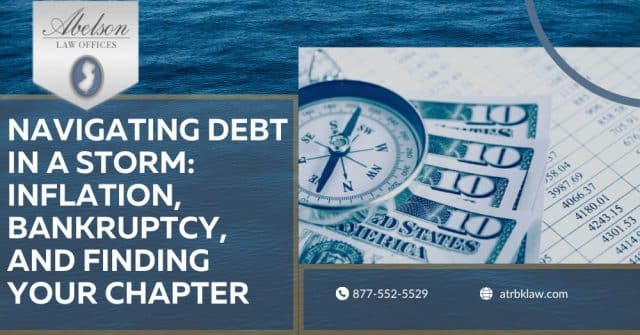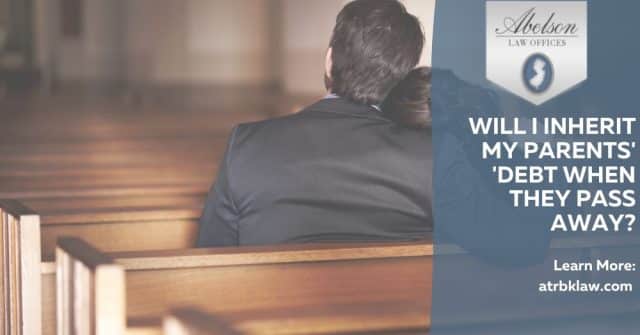One of the stated purposes of the 2005 Bankruptcy Law revisions (BAPCPA) was to try to push more individuals into Chapter 13 repayment plans by compelling those with the “ability to pay” to do so. Congress adopted a “Means Test” Calculation whereby those with incomes above a certain level based on household size and the median income for the individual’s respective state would not automatically qualify to file basic Chapter 7 bankruptcy and such a filing would be deemed to be an “abuse.” (11 U.S.C. § 707(a)(7)). If one was above the “median income,” a formula for calculation of “disposable income” was instituted based on IRS guidelines and certain other extraordinary expenses – and if the individual’s projected disposable income was above a minimal level or sufficient to pay a minimum amount of the debt, they would be compelled to file under Chapter 13 and pay their creditors that projected disposable income for five years. (11 U.S.C. § 707 (b)(2)).
The above is admittedly a simplistic explanation for an exceedingly convoluted process but remember the goal of the Bankruptcy Reform Act was to force people who could, to pay something to discharge their debts. While many observers anticipated this to be a bright line objective test which would eliminate all subjective analysis, we are witnessing an increasing aggressiveness on the part of the United States Trustee’s office to enforce the Bankruptcy Code based on a more subjective review. Simply because one is either “below median income” or has minimal “projected disposable income” and therefore qualifies for Chapter 7 relief – that may not be the end of the story.
Reliance upon the pre-BAPCPA consideration of abuse under the “totality of the circumstances” (11 U.S.C. § 707(b)(3)) seems to be on the rise with the Trustee asserting a generalized argument of “ability to pay” to try to push Debtors into Chapter 13. Essentially the argument being made is that even though the statute says there is no “presumption of abuse” because one has passed the means test and qualified for Chapter 7, the bankruptcy filing can still be shown to be abusive when there is an ability to pay a significant portion of the debt in Chapter 13.
More and more cases are being reviewed by the Office of the United States Trustee (part of the U.S. Department of Justice) to single out such “abuse” and Motions to Dismiss (or Convert to Chapter 13) are being more often filed when there exists this alleged ability to pay. Case law seems to suggest that there need be some other indicia of abuse beyond the exact same “ability to pay” which was deemed not abusive under the Means Test part of the statute (hence the wording “totality of the circumstances”), but this is not the position of the U.S. Trustee. Ultimately, if these reviews come down to the very case by case subjective analysis which was the scenario Congress was supposedly attempting to avoid under BAPCPA, cases will most likely have to be brought before the 3rd Circuit Court of Appeals (PA, NJ, DE) if not the United States Supreme Court for ultimate rulings. In the meantime, Debtors should be cautious about their Chapter 7 filing if their budget shows significant surplus income that could be used to pay creditors in a Chapter 13 plan.




